Common Myths About Egg Freezing: What You Need to Know
Summary: There are several myths surrounding egg freezing that often lead to confusion and hesitation. Some common misconceptions include the belief that it's only for older women or those focused on their careers, that the procedure is painful or risky, or that frozen eggs aren’t as effective as fresh ones. Others assume it guarantees pregnancy, is only for women with fertility issues, or requires having a partner. Concerns about long-term storage and high costs also add to the uncertainty. In reality, egg freezing is a safe and effective way to preserve fertility and offers women greater flexibility and control over their reproductive future.
Overview
Over the past few years, egg freezing has gained a lot of attention. More women are considering it as a way to preserve their fertility. But with this rise in interest, there are also many misunderstandings and half-truths surrounding the egg freezing process. If you are exploring this option or simply curious, understanding the facts behind the most common myths can make all the difference. Let’s clear up some of the confusion.
Myth 1: Egg Freezing is Only for Females in Their Late 30s or 40s
Fact:
Many believe egg freezing procedure is something to consider only when approaching 40. But the truth is, the younger the eggs are at the time of freezing, the better the chances of a successful pregnancy later.
Dr. Aarthi Mani, a renowned infertility specialist in Gurgaon, Miracles Fertility & IVF Clinic, explains, “Egg freezing is most effective when done before the age of 35. Females in their late 20s or early 30s have better-quality eggs, which improves results in the future.”
Myth 2: Only Career-Oriented Women Freeze Their Eggs
Fact:
While some women delay pregnancy for professional reasons, others do it for personal or medical reasons. Some are waiting for the right partner. Others may be undergoing medical treatments like chemotherapy that can affect fertility.
Dr. Mani says, “Egg freezing is not limited to working women. It is for anyone who wants more control over their reproductive timeline, regardless of their reason.”
Myth 3: Egg Freezing is a Risky or Painful Procedure
Fact:
Egg freezing is a medically safe and commonly performed procedure when done under expert supervision. It involves hormone injections to stimulate the ovaries, followed by a short procedure under sedation to collect the eggs.
“Most women experience only mild bloating or discomfort,” adds Dr. Aarthi Mani. "Most women handle the procedure well, and serious problems are very rare."
Myth 4: Frozen Eggs Don't Work as Well as Fresh Eggs
Fact:
Modern freezing methods like vitrification and egg freezing now have a high success rate. When thawed, many of these eggs function just like fresh ones. The most important factor is the age of the woman when the eggs were frozen.
Myth 5: Egg Freezing Guarantees Pregnancy in the Future
Fact:
Egg freezing can improve your chances of having a baby in the future, but it doesn’t promise a guaranteed pregnancy. Success depends on several factors, like the number and quality of eggs frozen, your age at the time of freezing, and overall health.
“While egg freezing is a proactive step, it is important to understand that it doesn’t promise pregnancy,” Dr. Mani cautions. "It enhances the possibility, but doesn’t guarantee a positive result."
Myth 6: Egg freezing is only for females who have trouble getting pregnant.
Fact:
Most women who freeze their eggs are fertile at the time.
Egg freezing helps protect fertility for the future, but it doesn’t treat infertility. It helps ensure you have healthy eggs available when you're ready to conceive.
“Women who are currently fertile may still choose to freeze eggs as a precaution,” explains Dr. Mani. "It allows them to plan future pregnancies whenever they are ready."
Myth 7: A Partner is Needed to Freeze Eggs
Fact:
Egg freezing is a personal decision and does not require a partner.
Many single women choose to freeze their eggs to keep their future options open. You can decide on motherhood later, with or without a partner.
“You don’t need a partner or sperm donor to freeze your eggs—it is a personal choice,” says Dr. Aarthi Mani. “It is about securing reproductive choices, whether you're in a relationship or not.”
Myth 8: Eggs Can't Be Stored for Long Periods
Fact:
Frozen eggs can be safely stored for many years without losing quality.
There is no strict time limit on how long the eggs can stay frozen. What matters more is the age at which they were frozen, not how long they are stored.
"The females' age at the time of freezing is more important than how long the eggs stay frozen", Dr. Mani emphasizes.
Myth 9: The Cost Makes It Out of Reach
Fact:
Although egg freezing may involve significant costs, many clinics provide flexible payment plans or EMI options to make it more affordable. Some companies even provide fertility benefits for their employees. You can visit a fertility clinic near you to know the total cost and available options. For many women, the value it brings in peace of mind is worth the investment.
“Don't let cost be a barrier,” says Dr. Mani. “Talk to a clinic about options. The peace of mind and flexibility it brings can be priceless.”
Myth 10: Women in Their 20s Don’t Need to Think About Egg Freezing
Fact:
Fertility might seem like something to worry about later, but egg quality begins to decline in the early 30s and drops faster after 35.
“Awareness is key,” explains Dr. Aarthi Mani. “Even if you don’t plan to freeze your eggs immediately, knowing your fertility status in your 20s gives you more control and better planning.”
Conclusion:
Egg freezing is a safe and effective way to preserve your fertility, but it is often misunderstood. It is not just for older or career-focused women. It is for anyone who wants more control over their future. Knowing the facts can help you make the right decision at the right time. If you are considering egg freezing or simply want to understand your options better, consult a fertility specialist near you at Miracles Healthcare. Our experts are here to give you guidance to support your fertility goals.
Frequently Asked Questions
You should know that egg freezing works best at a younger age (ideally before 35), and while it increases your chances of pregnancy later, it’s not a guarantee.
The main risk is ovarian hyperstimulation, a rare reaction to fertility medications, but it’s usually mild and manageable under expert care.
Miracles Fertility & IVF Clinic is one of the best fertility clinics for egg freezing in Gurgaon, known for advanced techniques and experienced infertility specialists.



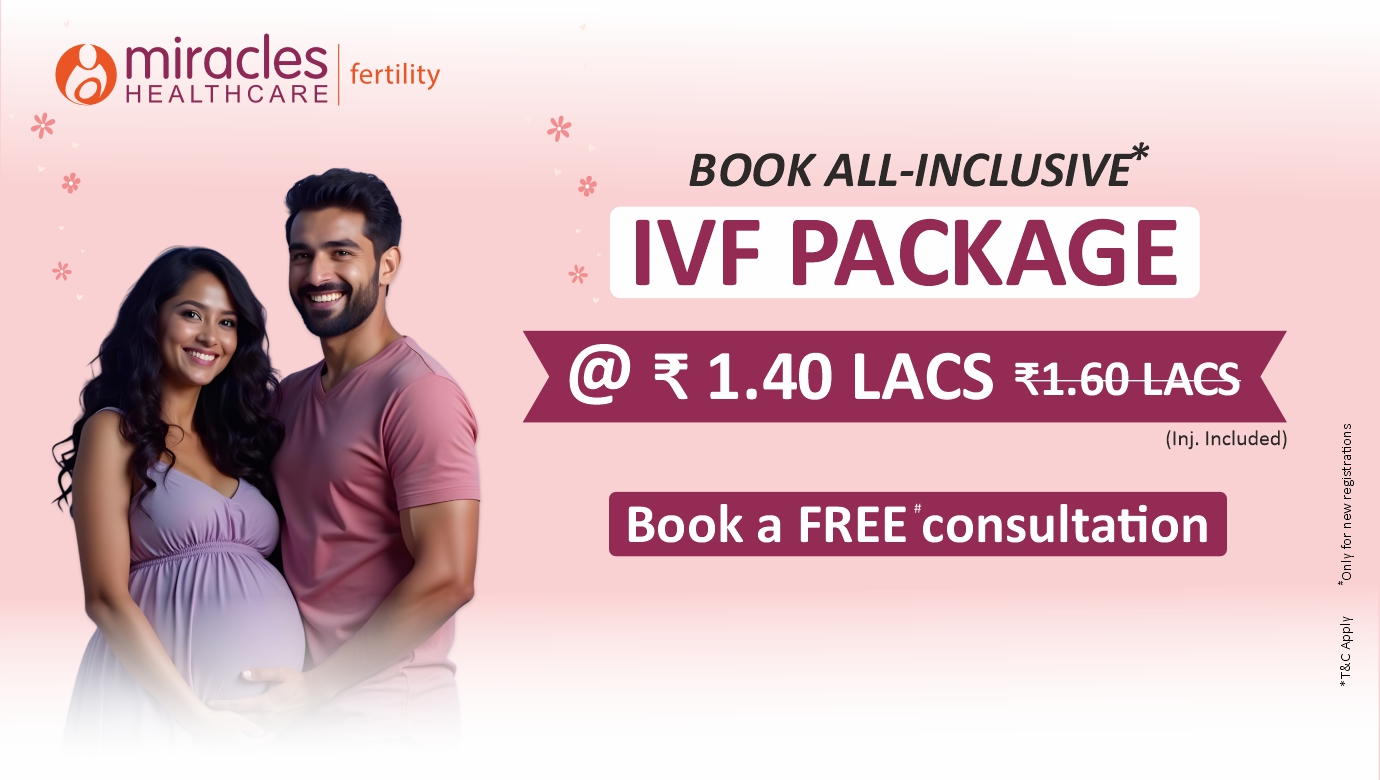


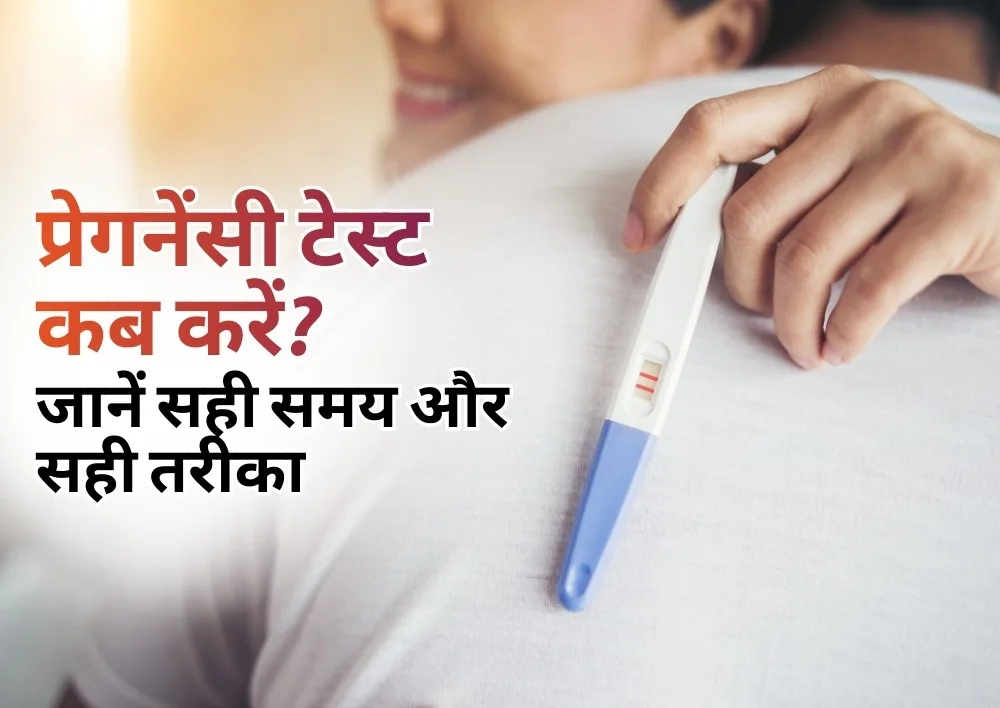
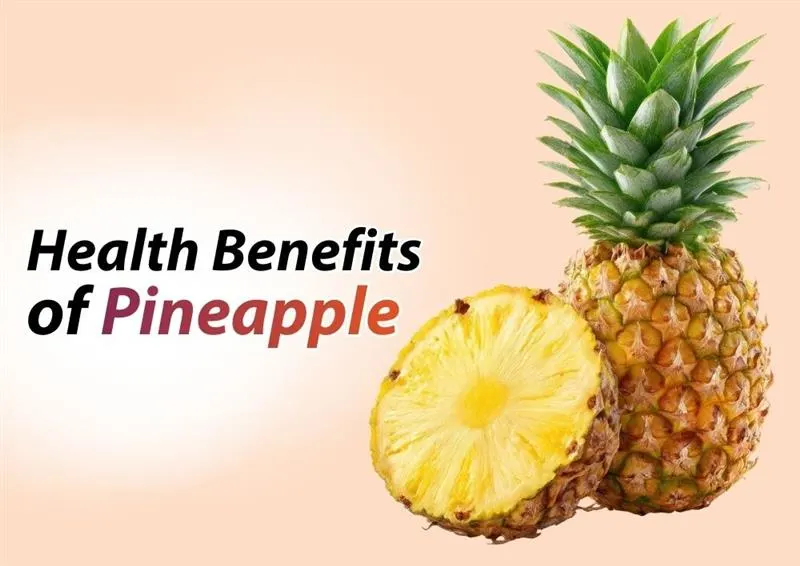
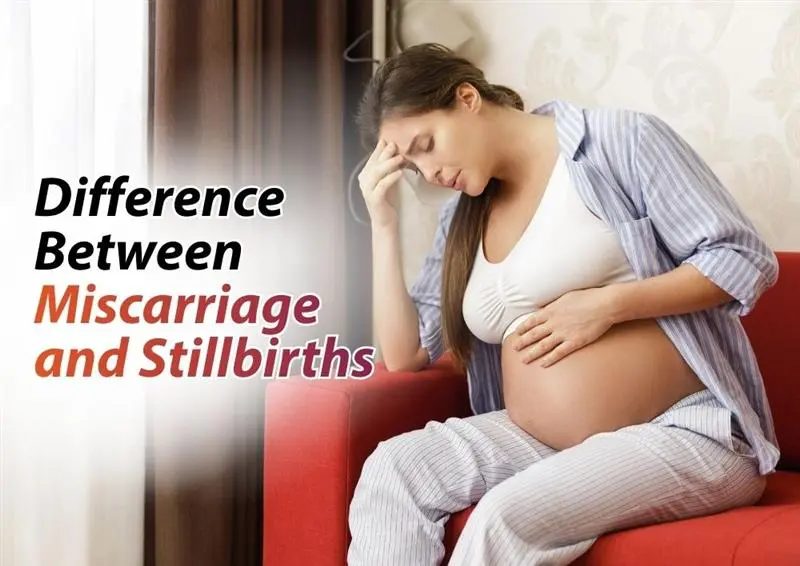
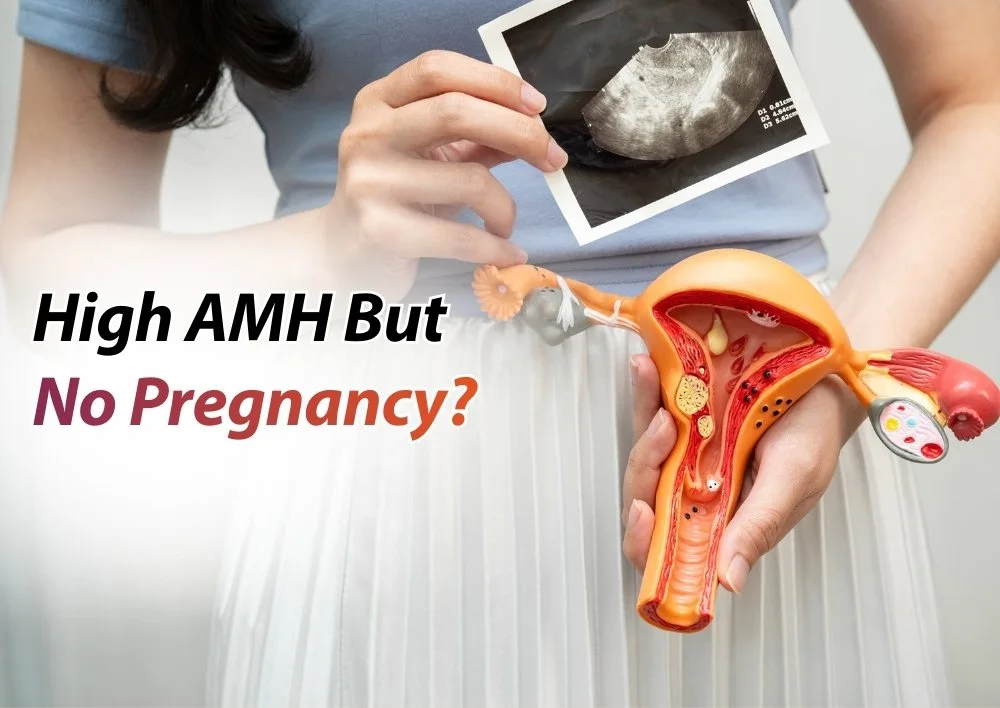
.webp)





Was the information useful?
0 0